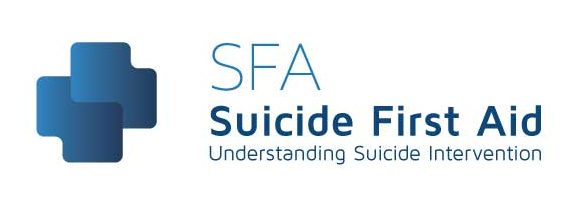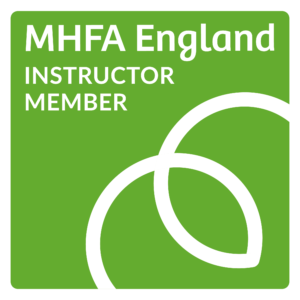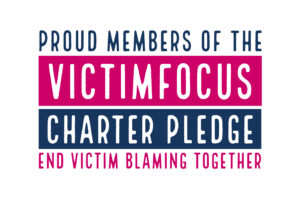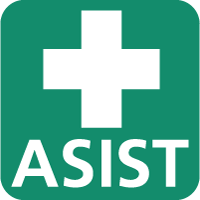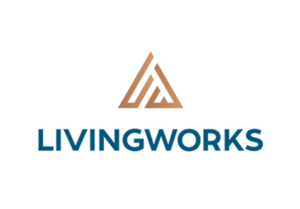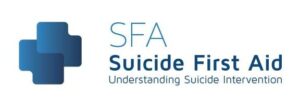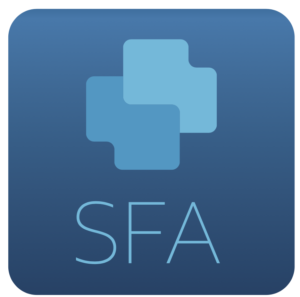Course Content:
SFAUSI is comprised of 4 parts, each 90 minutes duration. The programme teaches and practices the skills and knowledge needed to identify someone who may be thinking about suicide and competently intervene to help create suicide safety as a first aid approach.
Part 1 – 09:30 to 11:00
- Introduction to: the day; programme; ourselves and suicide prevention
- Stigma
- Survivors of bereavement by suicide and the Hidden Toll
- Suicide thoughts and suicide behaviour
- Intention of behaviour Versus Outcome of behaviour
- Possible Causes of Suicide thoughts
Part 2 – 11:15 to 12:45
- Suicide – the Ripple Effect
- Population-based approach to suicide prevention
- Partnership working
- Working with attitudes and values
- “I’m so glad you told me” audio visual.
Part 3 – 13:30 to 14:45
- Meeting the needs of a person who is thinking about suicide
- Suicide-Safety Guide
- Step 1 – Recognising suicide and Asking about suicide
- Step 2 – Understanding options
Part 4 – 15:00 to 16:30
- Step 3 – Safeguarding suicide
- Suicide-safety and self-care
- The risk assessment approach
- Suicide and suicide gestures
- Future learning
Evidence Base:
Two independent evaluations in 2016 and 2017 by Dr Paul Rogers demonstrated significant statistical change in 14 of 19 measures. Increased confidence and reduced anxiety in dealing with suicide, were among the leading outcomes.
Methods of delivery:
Taught over 6 hours using tutor facilitated Socratic learning, tutor-led role- play, mini lectures, group work and audio-visual presentations. This is a highly interactive and emotionally engaging learning experience.
Pre-training requirement:
No previous experience or training is necessary. Participants will be asked to self reflect and empathise with a person having thoughts of suicide. There is no expectation on participants to share personal experiences.
Who should attend?
Multi-sector managers and practitioners including health, housing, social care, education, criminal justice, call centre operators, private, voluntary and public sector workers and community groups or members.
Accreditation
Participants will gain 6 NQF credit points at Level 4 by completing a workbook of tasks that are assessed against the set learning outcomes.

